What is Offboarding?
Offboarding is the structured process of transitioning an employee out of the organization, whether due to resignation, retirement, layoff, or termination. It typically includes steps such as reassigning tasks, conducting exit interviews, revoking system access, and collecting company equipment.
Want a head start? Download our free Employee Offboarding Checklist and customize these steps for your organization.
Why is Offboarding essential?
Offboarding isn’t just about saying goodbye; it’s a critical process that protects your organization and ensures a smooth transition. A well-structured offboarding plan helps organizations:
- Reduce Legal Risk
Ensures the process is documented and applied consistently to all employees. - Protect Company Data and Security
Prevents unauthorized access and data breaches by revoking credentials promptly. - Maintain Business Continuity
Transfers projects, contacts, and responsibilities, so nothing is left unfinished. - Preserve Employer Reputation
A respectful, organized exit leaves a positive impression and supports future referrals.
Example
- Exit Interview
Gather feedback on the employee’s experience and reasons for leaving. - Knowledge Transfer
Ensure projects, contacts, and responsibilities are handed off to the appropriate team members. - Access Revocation
Disable system logins, email accounts, and remove permissions to company tools. - Equipment Collection
Retrieve laptops, mobile devices, ID badges, and other company property. - Final Pay and Benefits Processing
Issue final paycheck, handle unused PTO, and explain benefits continuation options. - Update Internal Records
Remove the employee from HR systems, payroll, and organizational charts. - Farewell Communication
Notify the team professionally and, if appropriate, celebrate the employee’s contributions.
Frequently Asked Questions
- What’s the difference between Onboarding and Offboarding? Onboarding is the process of integrating a new hire into the organization legally, professionally, and culturally. Offboarding is the reverse; it’s the structured process of transitioning an employee out of an organization, whether it’s due to retirement, resignation, or termination. A strong offboarding process ensures the transition is safe, respectful, and mutually beneficial, protecting company assets while maintaining a positive relationship with the departing employee.
- How does Offboarding help improve a business? Offboarding isn’t just about wrapping up paperwork or being courteous to departing employees; it can provide valuable insights that strengthen your organization. A well-structured offboarding process helps identify loose ends that might otherwise be overlooked and creates an opportunity to gather meaningful feedback. For example, employees leaving for another job can share what might have encouraged them to stay, while reviewing the tenure of terminated employees can inform better hiring decisions in the future. In short, offboarding can turn endings into opportunities for growth.
- Is an exit interview part of Offboarding? An exit interview is not a required element of the offboarding process, but it is often included as a best practice. This meeting gives employers and departing employees an opportunity to align on final details, gather feedback, and ensure all offboarding tasks are complete. In addition to providing valuable insights for improving the organization, an exit interview can help employees leave on positive terms and serve as a final checkpoint for returning equipment, revoking access, and closing out administrative items.


















